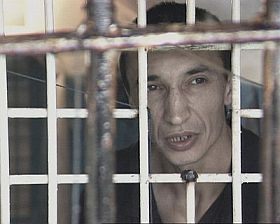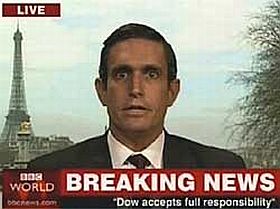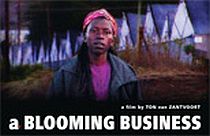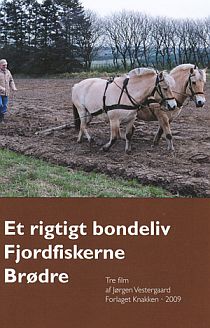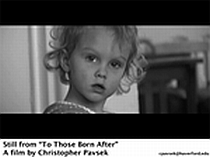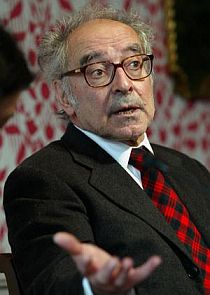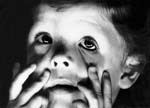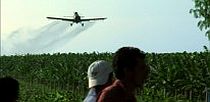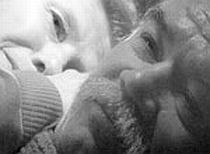Swedish director Fredrik Gertten fights back against Dole… the case that we have written about earlier on this site – go to “search” and write bananas to get the background Here comes today’s: From the press release:
LOS ANGELES, Calif. (September 10, 2009) — In response to a defamation lawsuit brought by Dole Food Company, Inc. against the makers of the documentary film BANANAS!*, attorneys for filmmakers Fredrik Gertten, Margarete Jangård and WG Film AB today filed a Motion to Strike Dole’s Complaint under California’s Anti-SLAPP statute, which allows the court to dismiss meritless lawsuits filed for the purpose of stifling protected speech. Lathrop & Gage attorney Lincoln Bandlow serves as lead attorney in this matter.
As set forth in the motion, the film Bananas!* provides a balanced account of issues surrounding the treatment of banana workers and covers one of the many lawsuits filed by Nicaraguan banana workers against Dole and other companies regarding the adverse health effects suffered by workers as a result of the use of the pesticide DBCP in banana fields. Dole’s lawsuit, as set forth in the motion, simply seeks to “poison the fountain of free speech” by intimidating anyone who speaks out on this important issue of public concern who does not comport with Dole’s “spin” on recent events pertaining to DBCP litigation.
In addition to filing an Anti-SLAPP Motion, WG Film AB also filed a Cross-Complaint against Dole, seeking to recover damages for Dole’s improper tactics in interfering with the film’s premiere and its participation in the Los Angeles Film Festival. As set forth in the Cross-Complaint, by “recklessly and falsely attack[ing] WG Film’s integrity and competency as a documentary film maker to the heads of corporate sponsors of the Festival” and making “similar false and defamatory statements to the General Consul and Ambassador from Sweden,” Dole caused the film to be removed from competition and clouded the film’s world premiere, causing the filmmakers substantial damage.
“We are very pleased that the truth about our film will finally be known and that the public will see that this lawsuit was simply an effort by Dole to silence the public discussion of important issues,” said Gertten, the director of the film.
Mr. Bandlow added that “if there ever was a lawsuit that cried out for the speech-protecting mechanism of California’s Anti-SLAPP statute, it is Dole’s absurd defamation action. We are confident that once the Court sees the actual film, rather than Dole’s patently false description of it in the complaint, this action will be summarily dismissed, my clients can proceed with the film’s distribution and seek to recover the damages suffered by Dole’s censorship-by-intimidation tactics.”
An electronic version of WG Film’s brief with links to relevant clips from the film and other material can be found at:
files.me.com/jshaeffer/pt6ujd (file size: 880 MB). A copy can be made available upon request.
Excerpts from the motion (PDF):
The Anti-SLAPP motion »
Director Fredrik Gertten’s declaration »
Producer Margarete Jangård’s declaration »
About Lathrop & Gage: A full-service law firm, Lathrop & Gage LLP has almost 300 attorneys in 11 offices nationwide – from Los Angeles to New York. In 2009, Chambers USA ranked Lathrop & Gage’s corporate, environmental, intellectual property, litigation, real estate and labor and employment teams among the best in the Midwest. For more information, visit www.lathropgage.com or www.beentherewonthat.com.
For information and press enquiries, please contact:
Lathrop & Gage LLP Art Menke
Phone: +01 816 286 6385
amenke@lathropgage.com
David Magdael & Associates Winston Emano
Phone: +01 213 624 7827
wemano@tcdm-associates.com
Support BANANAS!* – join the Free Speech Campaign »



